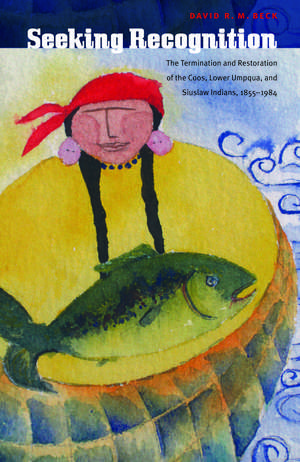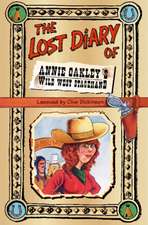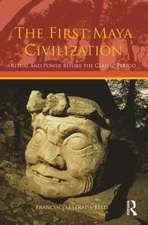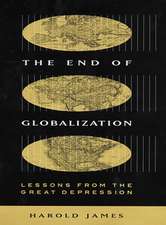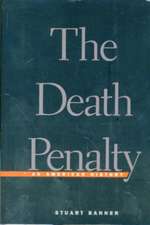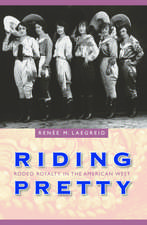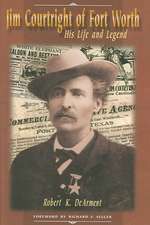Seeking Recognition: The Termination and Restoration of the Coos, Lower Umpqua, and Siuslaw Indians, 1855-1984
Autor David R. M. Becken Limba Engleză Hardback – 31 oct 2009
In 1855 the Coos, Lower Umpqua, and Siuslaw tribes of Oregon signed the Empire Treaty with the United States, which would have provided them rights as federally acknowledged tribes with formal relationships with the U.S. government. The treaty, however, was never ratified by Congress; in fact, the federal government lost the document. Tribal leaders spent the next century battling to overcome their quasi-recognized status, receiving some federal services for Indians but no compensation for the land and resources they lost. In 1956 the U.S. government officially terminated their tribal status as part of a national effort to eliminate the government’s relationship with Indian tribes. These tribes vehemently opposed termination yet were not consulted in this action.
In Seeking Recognition, David R. M. Beck examines the termination and eventual restoration of the Confederated Tribes at Coos, Lower Umpqua, and Siuslaw some thirty years later, in 1984. Within this historical context, the termination and restoration of the tribes take on new significance. These actions did not take place in a historical vacuum but were directly connected with the history of the tribe’s efforts to gain U.S. government recognition from the very beginning of their relations.
Preț: 428.14 lei
Nou
Puncte Express: 642
Preț estimativ în valută:
81.93€ • 87.61$ • 68.31£
81.93€ • 87.61$ • 68.31£
Carte tipărită la comandă
Livrare economică 18 aprilie-02 mai
Preluare comenzi: 021 569.72.76
Specificații
ISBN-13: 9780803225176
ISBN-10: 0803225172
Pagini: 352
Ilustrații: 14 photos, 1 map
Dimensiuni: 140 x 216 x 15 mm
Greutate: 0.58 kg
Editura: Nebraska
Colecția University of Nebraska Press
Locul publicării:United States
ISBN-10: 0803225172
Pagini: 352
Ilustrații: 14 photos, 1 map
Dimensiuni: 140 x 216 x 15 mm
Greutate: 0.58 kg
Editura: Nebraska
Colecția University of Nebraska Press
Locul publicării:United States
Notă biografică
David R. M. Beck is a professor of Native American studies at the University of Montana. He is the author of Siege and Survival: History of the Menominee Indians, 1634–1856 (Nebraska 2002) and The Struggle for Self-Determination: History of the Menominee Indians since 1854 (Nebraska 2005), both of which won the Wisconsin Historical Society book award.
Cuprins
List of Illustrations
Preface and Acknowledgments
List of Abbreviations
1. Before the Treaty
2. The 1855 Treaty and the Beginning of Quasi Recognition
3. Removals and Resistance
4. Old Homelands, New Lives
5. Amalgamation, Confederation, and the Claims Cases
6. Termination Proposed
7. Termination Compelled
8. Hard Times
9. Restoration
10. The Achievement and Meaning of True Recognition
Notes
Bibliography
Index
Preface and Acknowledgments
List of Abbreviations
1. Before the Treaty
2. The 1855 Treaty and the Beginning of Quasi Recognition
3. Removals and Resistance
4. Old Homelands, New Lives
5. Amalgamation, Confederation, and the Claims Cases
6. Termination Proposed
7. Termination Compelled
8. Hard Times
9. Restoration
10. The Achievement and Meaning of True Recognition
Notes
Bibliography
Index
Recenzii
"Beck's careful archival research, coupled with field notes and interviews, demonstrate how stalwart, unceasing resistance efforts, organization, and persistence (130 years between the original treaty and recognition in 1985) eventually led to victory. This kind of close historical scholarship serves to amend a record that often presents Indian people as victims rather than as powerful initiators and participants in a restorative justice process."—L. De Danaan, Choice
"[Seeking Recognition] is a valuable source for people interested in Indian termination policy, Oregon history, and in the history of race relations generally in the United States. The Coos, Lower Umpqua, and Siuslaw finally have received the recognition unfairly denied to them over the last one hundred and fifty years."—Nicholas C. Peroff, American Historical Review
"Drawing on an impressive range of archival materials, secondary sources, and interviews with Coos, Lower Umpqua, and Siuslaw who resisted termination and demanded restoration, Beck's fine book adds to our understanding of the termination era and of American Indian's efforts to maintain their culture and their community in the twentieth century."—Paul C. Rosier, Ethnohistory
"Tribal members will find their own voices and family stories interspersed throughout Beck's narrative. Indian perspectives and local knowledge bring this historical policy analysis to life."—Gray H. Whaley, Pacific Historical Review
"Using oral history to plug gaps in the written record and to convey Native perspectives, Beck offers a fuller view of the forces that shaped federal policy and a more complex picture of tribal responses to it."—Andrew H. Fisher, Wicazo Sa
"David R. M. Beck has made a major contribution by examining the disaggregated communities of the Oregon Coast between the Siletz and Coquille Rivers—known today as the Confederated Tribes of the Coos, Lower Umpqua, and Siuslaw."—R. Warren Metcalf, Western Historical Quarterly
